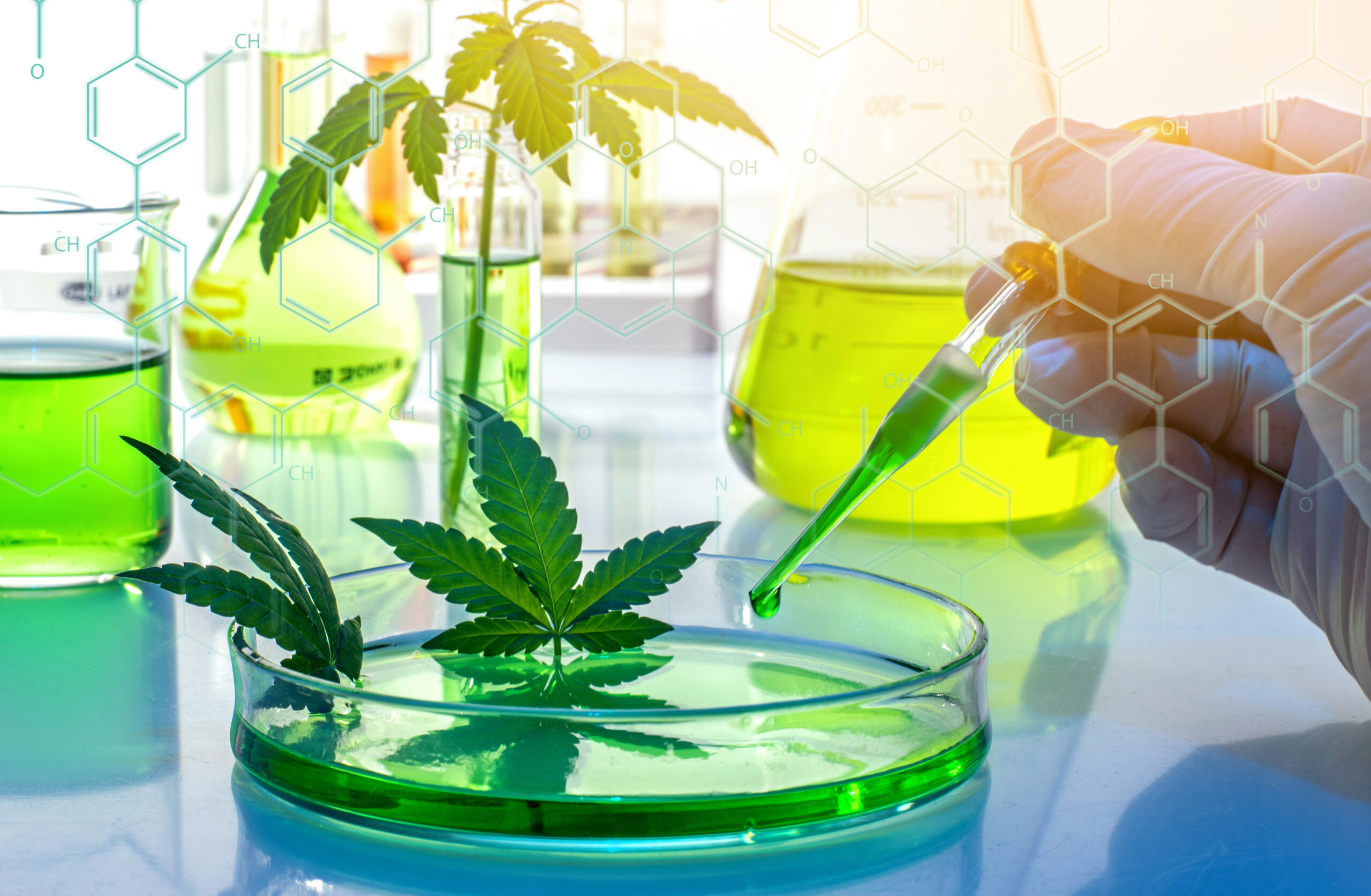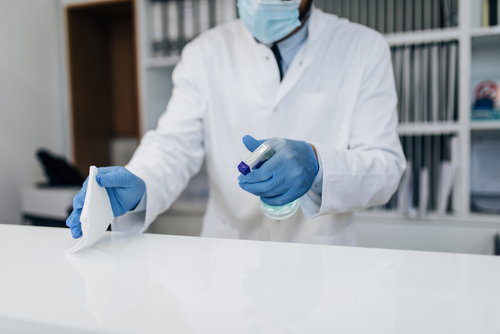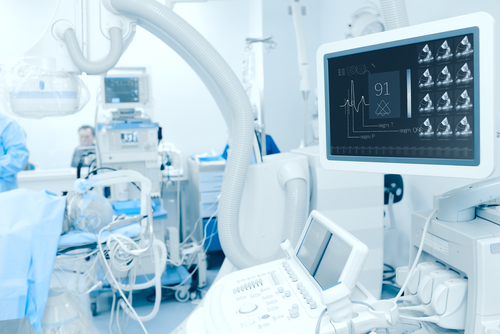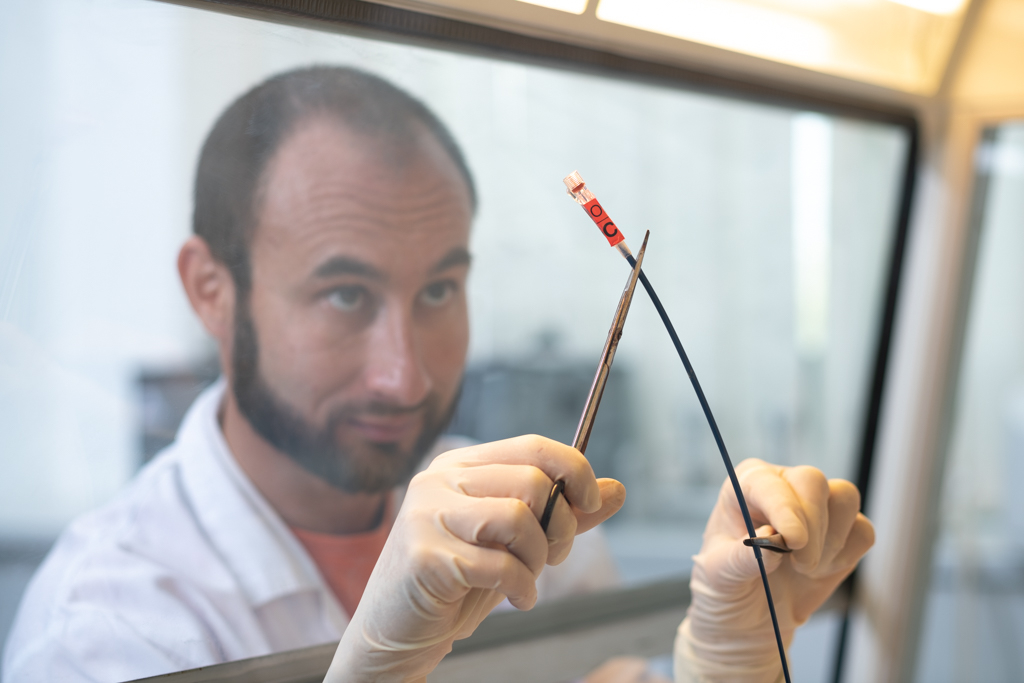ICP-MS:
We offer an element scanning technology with the highest matrix tolerance and unmatched interference removal that allows us to analyst a great verity of samples and deliver fast, accurate and consistently reproducible results even for trace metals. We are a certified laboratory and work under the stringent regulation of GMP, ISO 17025, ISO 9001 and IMCA.
Our laboratory is equipped with The Agilent 7900 ICP-MS, a flexible quadrupole mass spectrometry system that provides the industry’s lowest detection limits, widest dynamic range, and most effective helium collision mode:
Unprecedented matrix tolerance—Agilent’s 7900 ICP-MS has a robust plasma and optional Ultra High Matrix Introduction (UHMI) technology that enable you to routinely measure samples containing up to 25% total dissolved solids (TDS)—100 times higher than the traditional matrix limit for ICP-MS, and far beyond the capability of any other current system.
Widest dynamic range—the new orthogonal detector system (ODS) delivers up to 11 orders of magnitude dynamic range from sub-ppt to percent-level concentrations, enabling you to measure trace elements and majors in the same run.
Better trace level detection—novel interface design and optimized expansion-stage vacuum system increase ion transmission, providing >109cps/ppm sensitivity at <2% CeO, while the ODS provides increased gain and reduced background for improved signal to noise.
Faster analysis of transient signals—with 10,000 separate measurements per second, we provide a short integration times for accurate analysis of transient signals
For the pre-treatment of your samples, our laboratory is equipped with an UltraWAVE microwave, which is based on the SRC (Single Reaction Chamber technology) and compliance with the USP 232/233 Chapters, ICH Q3D Guidelines and FDA regulation 21 CFR part 11
SRC technology achieves extraordinary performance capabilities combining microwave heating with a high-pressure reactor which acts simultaneously as microwave cavity and vessel. With the UltraWAVE technology we can attend to every sample preparation need, we can pre-treat any sample imaginable: Pharmaceutical product, Cannabis, Plant base material, Inorganic solutions, Polymers, soils, alloy, food and more …
TOC (Total Organic Carbon) :
Total organic carbon (TOC) is the amount of carbon found in an organic compound and is often used as a non-specific indicator of water quality or cleanliness of pharmaceutical and manufacturing equipment.
Hy Laboratories is equipped with the new OI Analytica’s Aurora 1030W TOC Analyzer for the detection of total organic carbon (TOC) to provide you with the right solution for your TOC need. The system is fully automatic and using heated persulfate oxidation technology to detect TOC in a 0.5-30,000ppm range. The Aurora supports USEPA approved methods: USP <643> methods EU 22.44, 23 and complies with the GMP regulation. Hy Laboratories labs are certified GMP, ISRAC (ISO17025), ISO13485and ISO9001
In what areas TOC tests are routinely required?
Municipal Waste Water
Monitoring organic carbon of influent facilitates process controls for maximizing plant efficiency, while monitoring effluent is often a requirement for discharging into surface waters.
Industrial Waste Water
Industries which discharge liquid waste into a surface water body are required to monitor TOC.
Power Plants
Limiting potential sources of corrosive compounds can prevent costly damage to expensive equipment.
Pharmaceutical Manufacturers
Water is the most commonly used ingredient in drug production. Regulations limit the concentration of organic carbon to prevent harmful microorganisms from growing.
Electronics Manufacturers
Ultra-pure water is used in the manufacture of microprocessors and computer chips. As processors and circuits become smaller and smaller the water must be kept highly clean to prevent microscopic damage to these miniature circuits.
Cleaning validation
In the pharmaceutical industry, GMP production requires that the cleaning of drug manufacturing equipment/Medical device will be validated. Many different validation techniques can demonstrate that the manufacturing equipment is cleaned and essentially free from residual active drug substances and all cleaning agents.
TOC analysis can be adapted to any drug compound or cleaning agent that contains carbon. The method is sensitive to the ppb range and is less time consuming than HPLC or UV/Vis. USP TOC methods are standard for Water for Injection and Purified Water, and simple modifications of these methods can be used for cleaning validation.










